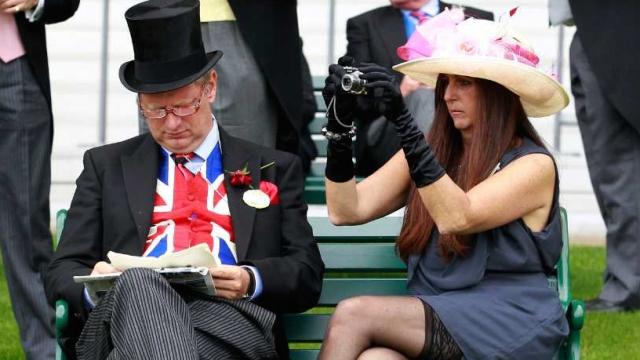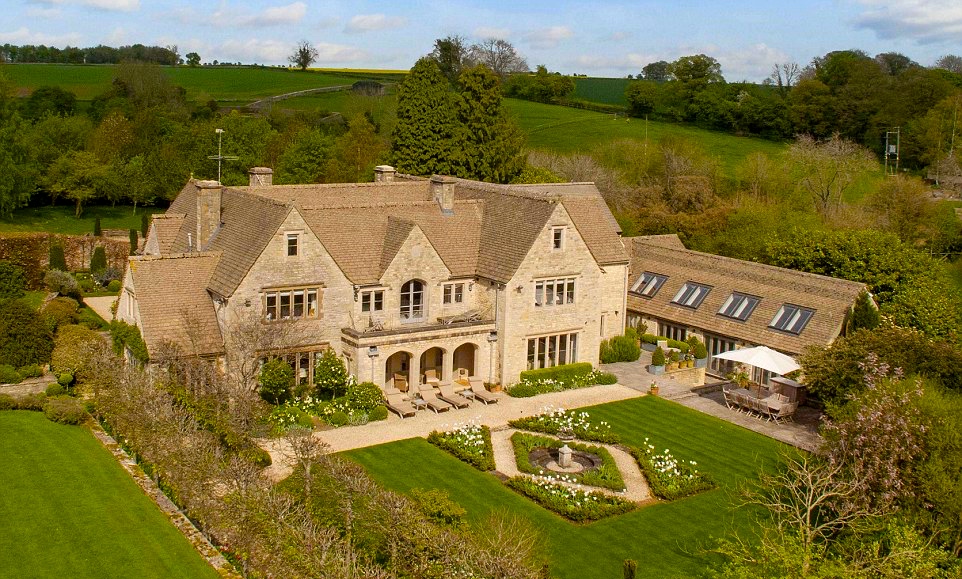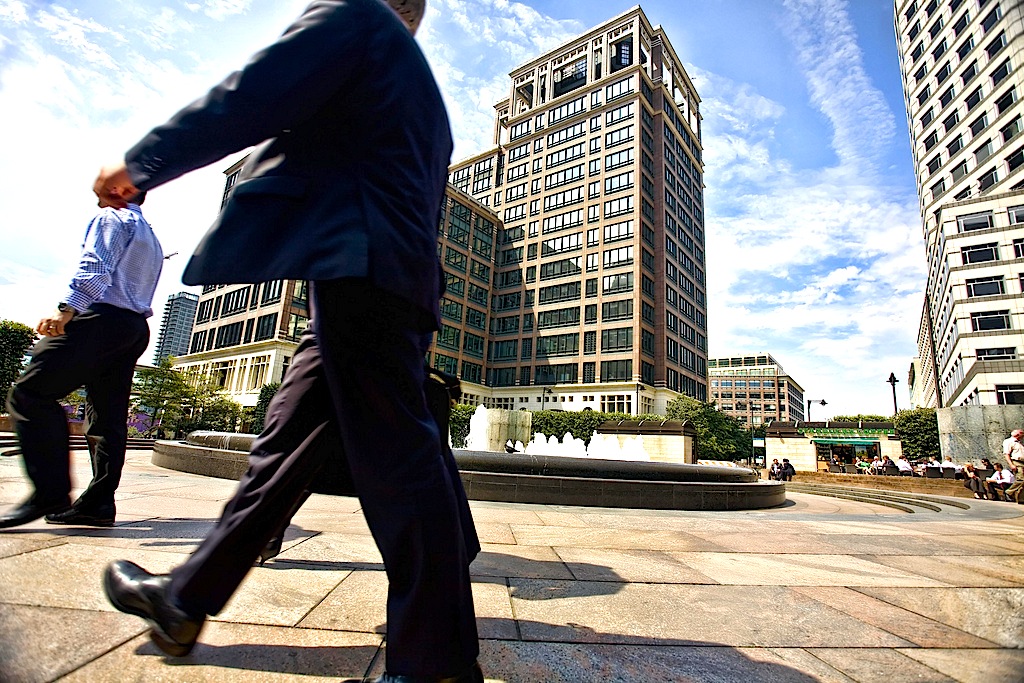
Britain’s multiple crises can be traced to big political donations and corporate ties to the U.K. government. On the eve of the country’s General Election, Occupy.com examines how the 1% have gained from investing in politics.
The majority in Britain have never had it so bad. The Coalition government’s tax and welfare reforms have . Over a million people now as 3.5 million children, both figures rising to record levels. Real wages are plummeting and reports suggest the decrease in the U.K. is the
The government's new sanctions on welfare claimants makes a bad situation unbearable for many. Their cuts regime includes removing the Independent Living Fund – vital support that . In contrast, the rich are "making a killing" from austerity. Britain’s richest 1,000, whose wealth rose 15% in the last year, .
The austerity drive rests on the false premise that Britain overspent on public services, emphasizing that marginalized groups are particularly to blame. The argument masks how the country’s debt ballooned due to the banking collapse of 2007/8, the bank bailouts and increasing corporate welfare in the form of subsidies and corporate tax breaks.
The U.K. now has the . But some want corporate taxes to drop even further – like Sir Anthony Bamford, a government adviser who also happens to be chairman of the multinational company JCB and is a
The government’s austerity line suits the big banks, as it means they don't have to pay for the crisis they created. Between 2010 and 2013, research shows that came from the country's financial hub, the City of London. Still today, bankers continue to reward themselves with
Purchasing Government, Shaping Laws
Some big political donors profited directly from the financial crash. For instance, Conservative Party donor Paul Ruddock created pots of money by short selling the bank Northern Rock, which had to be
The scale of donations begs the question: what does this money actually buy? Without the City of London’s political offerings, would we have seen bankers who committed crimes jailed – and would we have effective regulations in place to stop it happening again?
Further questions remain about the relationship between financial malpractice and donations. A headline case is the former Conservative Treasurer and major political donor Michael Spenser. His financial firm ICAP was judged as the "lynchpin" in the LIBOR rigging scandal. Yet neither Spenser nor anyone from ICAP have faced serious consequences for what was
The 2007/8 financial crisis started in housing – and this time it seems the house of cards is being built in London. Even without another financial crash, the city’s(chronicled yesterday as well on ).
Lack of affordable housing and gentrification – even social cleansing, where the poor are forced out of London – stem from treating houses as assets rather than homes. This is yet another example of policies that put capitalists’ profits before people’s needs.
It may come as no surprise that property tycoons account for a. The MPs themselves are often landlords, including the .
The inequality in Britain reflects a . Globally, tax havens are driving the crisis, and the City of London acts as hub for . Despite rhetoric to the contrary, the UK government has taken no serious measures against tax havens. The political donations of could explain this inaction.
In addition to donors, U.K. politicians have direct connections to tax havens – including Prime Minister David Cameron’s family, whose .
Bankrolling Climate Change
The City of London is also responsible for pushing carbon-intense industries that . Again, the British government complements this trend, with MPs acting as cheerleaders for ever dirtier fuel extraction. Fracking advocates hold , while Parliament plays a central role lobbying the E.U. to . Business Secretary Vince Cable, from the Liberal Democrats, has been dubbed the "Minister for Shell" in connection with his efforts to
More recently, the U.K. government has signaled a "cut the green crap" policy shift, blocking renewables and. Meanwhile, political donations keep flowing in, cementing politicians' ties to corporate interests – like the www.96atc.co.uk government’s Energy and Climate Secretary, Matthew Hancock, who .
The revolving door between finance and politics is further highlighted in the government's aggressive subsidizing and . To showcase its weapons, the British government hosts the world’s largest arms show where authoritarian dictators are invited to buy the latest killing machines – some of which are even banned.
With the U.K. General Election on Thursday, many are asking whether a change of government could open the possibility of removing big money from politics. Two years ago, reports showed , though since then Labour and the U.K. Independence Party have also received major contributions. Labour receives most of its funding from trade unions, but City bankers and property tycoons are their . The anti-immigration party UKIP has backers that also include major donorsmichael kors outlet online.
Just as austerity is working for the 1%, the same thing can be said about Britain’s political system. On Thursday, voters can decide whether they'd like to start moving the pendulum in the other direction.
3 WAYS TO SHOW YOUR SUPPORT
- Log in to post comments













